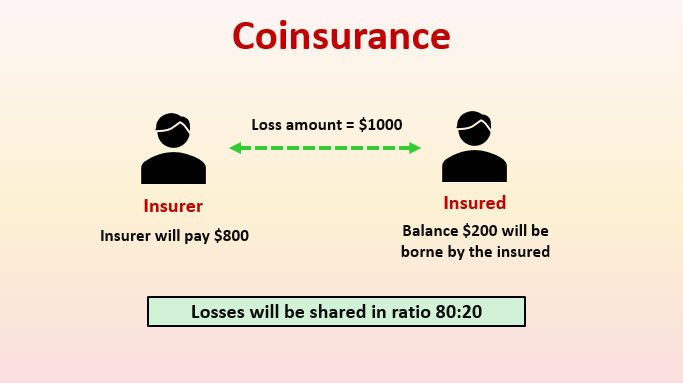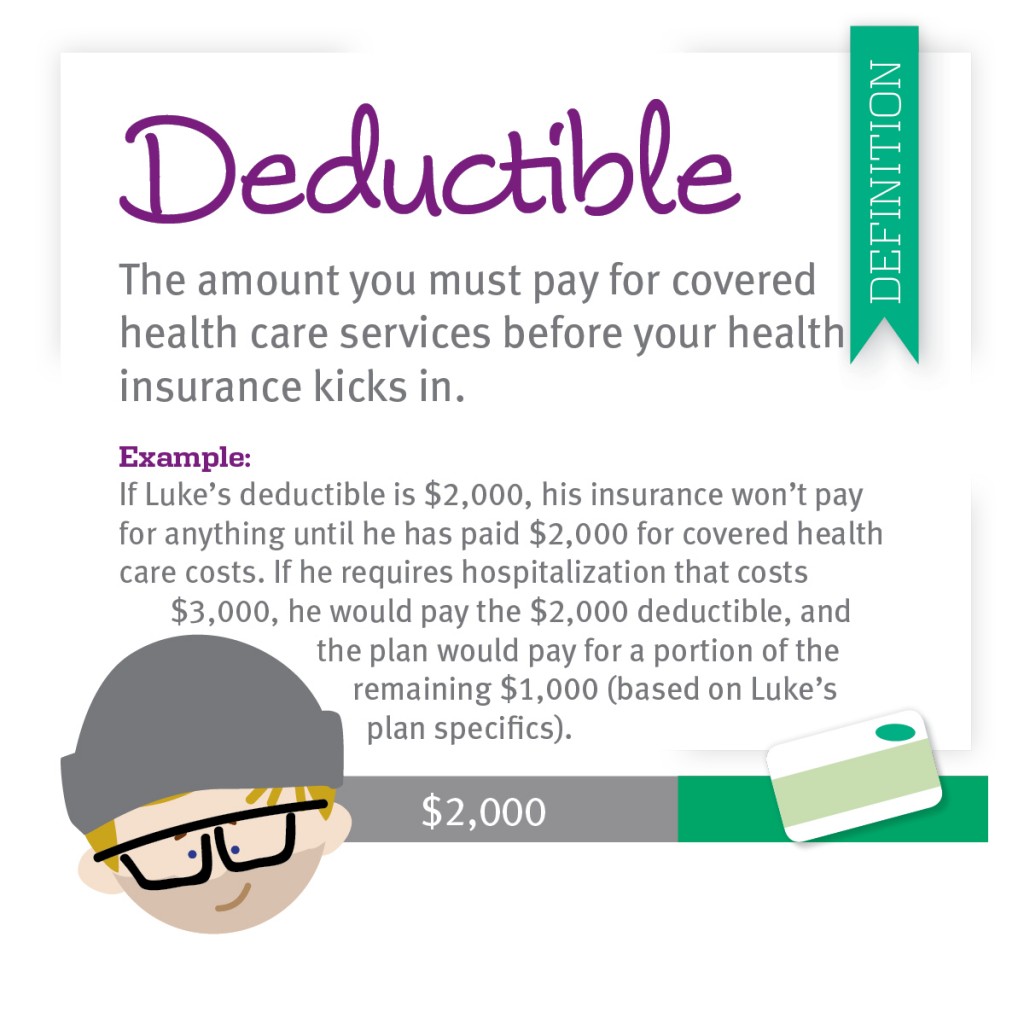
HRSA supports the Guidelines listed below that address health needs specific to women. HRSA-Supported Women's Preventive Services Guidelines New topics for future consideration can be submitted on a rolling basis at the Women’s Preventive Services Initiative website. Under ACOG, WPSI reviews existing Women’s Preventive Services Guidelines biennially, or upon the availability of new evidence, as well as new preventive services topics. In March 2021, ACOG was awarded a subsequent cooperative agreement to review and recommend updates to the Guidelines. The American College of Obstetricians and Gynecologists (ACOG) formed an expert panel, also called the WPSI, for this purpose.
COPAY MEANING PROFESSIONAL
To address these, in 2016, the Health Resources and Services Administration (HRSA) awarded a five-year cooperative agreement, the Women’s Preventive Services Initiative (WPSI), to the American College of Obstetricians and Gynecologists (ACOG) to convene a coalition of clinician, academic, and consumer-focused health professional organizations to conduct a scientifically rigorous review to develop recommendations for updated Guidelines in accordance with the model created by the NAM Clinical Practice Guidelines We Can Trust. Since the establishment of the Guidelines, there have been advancements in science and gaps identified in clinical practice. The HRSA-supported Women’s Preventive Services Guidelines (Guidelines) were originally established in 2011 based on recommendations from a Department of Health and Human Services' commissioned study by the Institute of Medicine (IOM), now known as the National Academy of Medicine (NAM). HRSA-Supported Women’s Preventive Services Guidelines: Background The purpose of WPSI is to improve women’s health across the lifespan by identifying preventive services and screenings to be used in clinical practice and, when supported by HRSA, incorporated in the Guidelines. The law recognizes and HHS understands the unique health needs of women across their lifespan. Under section 2713 of the Public Health Service Act, as modified by the ACA, non-grandfathered group health plans and non-grandfathered group and individual health insurance coverage are required to cover specified preventive services without a copayment, coinsurance, deductible, or other cost sharing, including preventive care and screenings for women as provided for in comprehensive guidelines supported by HRSA for this purpose.

Under the ACA, most private health insurers must provide coverage of women's preventive health care – such as mammograms, screenings for cervical cancer, prenatal care, and other services –with no cost sharing. Preventive services that have strong scientific evidence of their health benefits must be covered and plans can no longer charge a patient a copayment, coinsurance or deductible for these services when they are delivered by a network provider. The Affordable Care Act (ACA) – the health insurance reform legislation passed by Congress and signed into law by President Obama on Ma– helps make prevention services affordable and accessible for all Americans by requiring most health insurance plans to provide coverage without cost sharing for certain recommended preventive services.


Performance Measurement & Quality ImprovementĪffordable Care Act Expands Prevention Coverage for Women's Health and Well-Being.Training & Technical Assistance Overview.


 0 kommentar(er)
0 kommentar(er)
